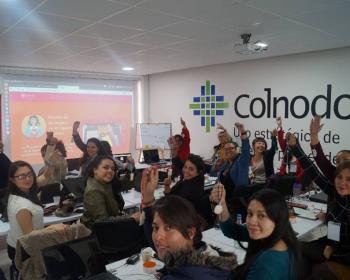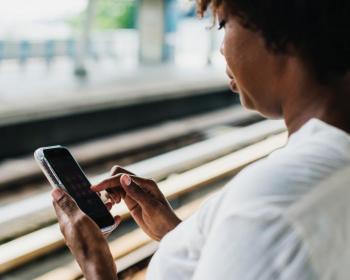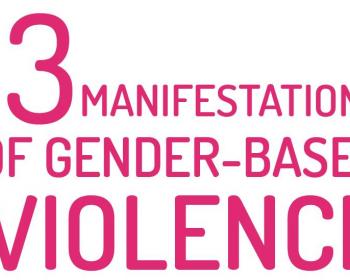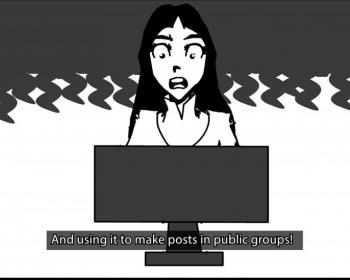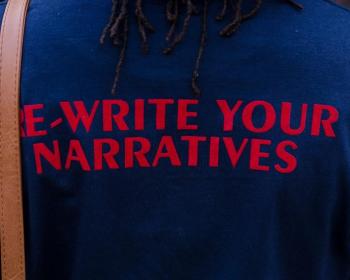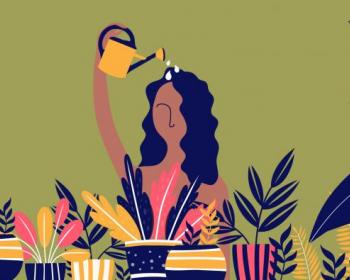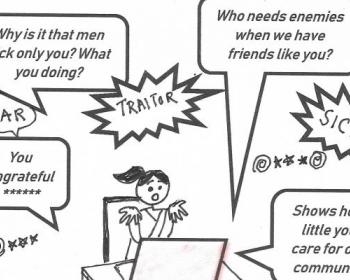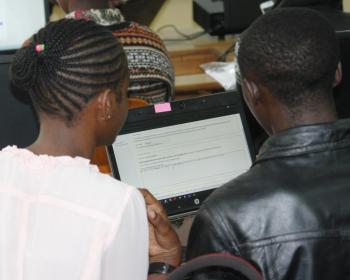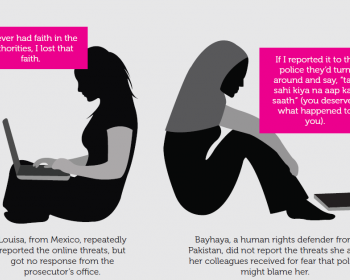online gender-based violence
This year, Colnodo put together an action-packed 16-day campaign for Take Back the Tech!, featuring everything from e-books to podcasts to human rights workshops. We spoke with Canadian intern Catherine Joubert, who was heavily involved in planning the campaign, about some of the highlights.
For this year's Take Back the Tech! campaign, One World Platform (OWP), based in Bosnia and Herzegovina, used videos to highlight the concerns, ideas and experiences of local activists.
Online abuse and harassment prevent women from realising their full rights online. In this article we look at specific instances of harassment of women online in Ghana, and what needs to be done to ensure full and meaningful internet access for women.
APC's Take Back the Tech! project worked closely with Luchadoras and SocialTIC, campaigners in Mexico, to develop an illustrated list of manifestations of online gender-based violence based on case documentation. Use it in your work and activism, and please share it widely!
This in-depth article shares reflections on research with urban youth in Bangladesh on how they deal with cyberharassment and cyberbullying, particularly the experience of young women.
Women in Ghana, ordinary women and celebrities, have dealt with harassment and violence online, but there is minimal effort by the government currently to effectively address this problem. The suggestion seems to be that self-censorship should solve such problems faced by women.
As an individual and as a public person, as a daughter, sister, friend and if you like, as an activist – self-care, for me, is primarily about setting boundaries in order to flourish. This is something that was heavily emphasised during the Take Back the Tech Camp.
Dalit-Bahujan women in India have increasingly started using the internet and social media to articulate their positions and politics. This article explores how women have combated sexual harassment and exploitation, especially when it takes place in spaces that are considered progressive.
With the increase in internet usage in Tanzania, as in much of the world, gaining an online presence is fast becoming a norm. The big question is – how can we make online spaces safer and accessible to women? And what is the image that the internet portrays of women?
This submission draws on the work done by APC for more than a decade to render visible the impact of online gender-based violence (GBV) on women’s rights, and its experience working with partners in the global South to understand, respond to and prevent online GBV.

Association for Progressive Communications (APC) 2022
Unless otherwise stated, content on the APC website is licensed under Creative Commons Attribution 4.0 International (CC BY 4.0)



